ABE welcome three new faculty members in fall 2021
August 18, 2021
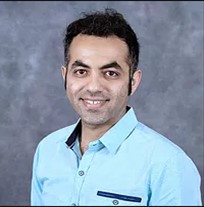
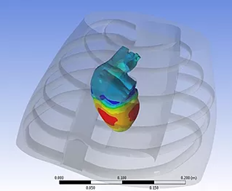
Amirtahà Taebi
Dr. Amirtahà Taebi, originally from Iran, first became interested in the field of biomedical engineering with hopes of bettering the quality of life for generations to come. “When I think of 200 years from now, I would like to know that I had an impact, even a small one; a positive impact on our children’s and grandchildren’s lives, for example by developing a more effective way to treat cancer or diagnose cardiovascular diseases either in my lab or through the next generation of biomedical engineers, researchers, and faculty members trained in my group,” he says.
Dr. Taebi earned his B.S. in Mechanical Engineering from Sharif University of Technology in 2010. He then moved to Italy where he earned his M.S. in Biomedical Engineering at Politecnico di Milano in 2013. He received his Ph.D. in Mechanical Engineering from the University of Central Florida in 2018 before moving to California to work as a postdoctoral fellow in Biomedical Engineering at the University of California, Davis.
His research at U.C. Davis has focused on developing early noninvasive diagnostic methods and designing personalized treatment for various health problems including various cardiovascular diseases and cancer. A project he is particularly proud of is the use of heart-induced vibrations measured non-invasively on the chest surface to monitor cardiovascular health. These signals provide information that is similar to data reported from other methods like electrocardiography and phonocardiography. He plans to continue this research with the team he develops at MSU to create more effective diagnostic methods for cardiovascular disease.
Dr. Taebi serves as an Associate Editor for BMC Research Notes and as a Guest Editor for the journals of Bioengineering and Dynamics. Dr. Taebi also has industry experience, having led the Advanced Signal Processing team at Infrasonix, Inc., a biomedical engineering start-up company based in Georgia, from 2020 to 2021.
Outside of work, he enjoys hiking, cycling, cooking, learning, and playing the piano. He also likes to work on a project called “A Coffee-Hour with Scientists” to promote diversity in academia by investigating the keys to success of researchers with different backgrounds. Dr. Taebi was drawn to MSU because of the opportunity for research collaboration with other ABE faculty and research groups on campus. He notes that the three keys to success in biomedical engineering are, “hard work, hard work, and hard work.”
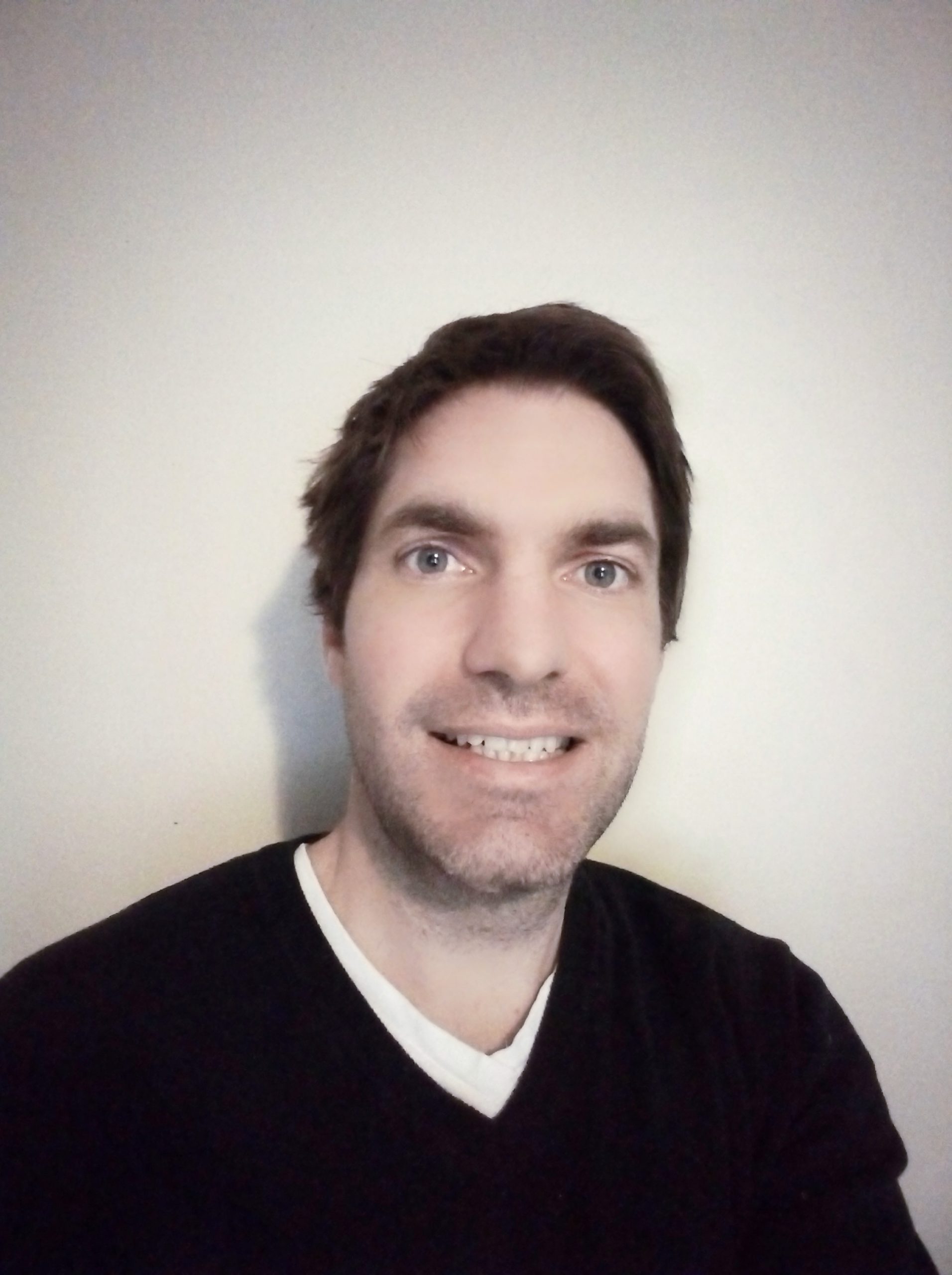
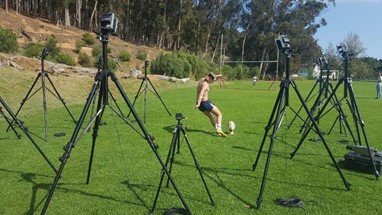
David Van den Heever
Growing up in South Africa with a dad who was a civil engineer, Dr. David Van den Heever thought engineers were like superheroes, so choosing a career was not difficult. He earned his B.Eng. in Mechatronic Engineering at the University of Stellenbosch in 2005, and then he “decided to do a master’s and there were funding opportunities in biomedical engineering, so I went for it.” He completed his M.S. in 2007 and Ph.D. in 2011, also at Stellenbosch, and he has since worked there as a professor of Mechanical & Mechatronic Engineering, conducting research as part of the Biomedical Engineering Research Group, which he has led since 2018.
Dr. Van den Heever’s early work touched on several fields, like respiratory dynamics, medical device development, sports medicine, and biomechanics. He is particularly proud of his collaboration with the South African national rugby team’s kicking coach, who was searching for better techniques for rugby place kicks. The research team used numerous cameras to record players’ body movements as they kicked. The researchers then analyzed the players’ biomechanics in the video such as body angle, speed of approach to the ball, foot planting location, leg swing velocity, etc. Two strategies were identified to maximize foot velocity: a knee-dominant technique and a thigh-dominant technique. The brain tends to use the best strategy for a specific person’s body, but understanding these techniques reduces the variability between kicks.
Dr. Van den Heever has maintained a passion for innovation in medical devices and has worked on a mobile concussion-screening device among various other projects. He formed a medical devices company in 2014 and has served in the South African leg of a program that educates engineering students in global teams through project-based learning methodologies. He recently began studying neuroscience and human behaviour and earned a Postgraduate Diploma in Applied Ethics at Stellenbosch in 2021. He co-founded the Neural Engineering Research Venture (NERV) and Neuroscience Education and Research Discussions (NERD) to spur cutting-edge research and discussions on brain-related topics. His current research involves using EEG recordings to answer questions about the brain such as how it encodes information.
Dr. Van den Heever, his wife, and new-born son are excited about the adventure that has brought them to MSU. “When I saw the position at MSU we immediately knew this was something we are interested in. The position was exactly what I was looking for. It gave me freedom in doing my own research. It is a small university town much like Stellenbosch. My wife’s best friend is working at UAB which is a mere two-hour drive away. The environment and atmosphere also suit us perfectly. We love big open spaces especially for our three dogs. Everything just seemed to align.” He hopes that his understanding of the health care issues in Africa will help his colleagues at MSU to address relevant issues. Regarding his future students, he says the key quality they need is passion. “You must be enthusiastic to get up every morning and tackle the interesting problem you are working on.”
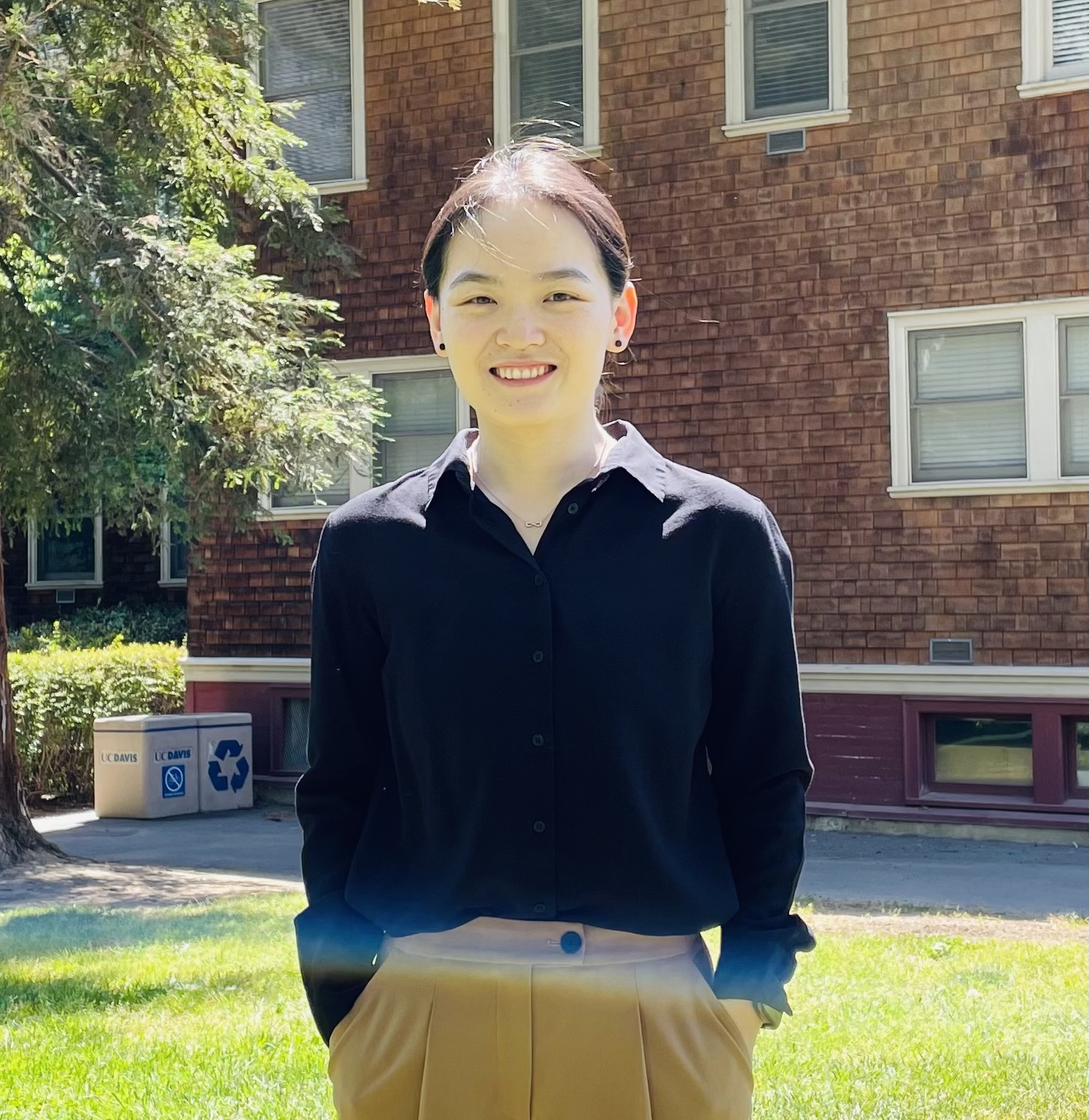
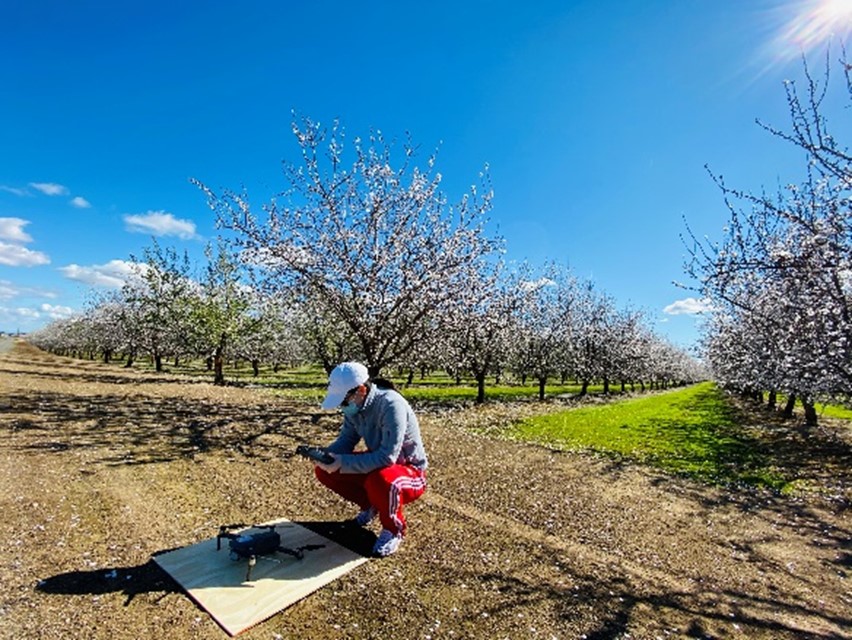
Xin Zhang
Dr. Xin Zhang, originally from China, was first drawn to agriculture because it is one of the oldest human activities and is so essential to sustaining life. Agriculture is also highly dependent on the climate and full of complexities, so she empathizes with the plight of early farmers who dealt with unpredictable situations simply through experience. With the advent of artificial intelligence (AI), Dr. Zhang has become passionate about the interactions among humans, food, and AI. She believes that introducing AI-driven technologies into agriculture is a promising avenue for growers to monitor their crops’ health in real-time and provide intelligent machines for formerly labor-intensive tasks. Growers will be able to adjust their management strategies to prevent catastrophic losses from extreme weather, leverage the limited resources, and minimize their impact on the environment.
Dr. Zhang earned her B.S. in Agronomy (emphasis on environmental engineering) at Gansu Agricultural University and her M.S. in Agriculture at Northwest A&F University, both in China. She earned her Ph.D. in Biological and Agricultural Engineering from Washington State University, while working at its AgRobotics Lab. Her dissertation research focused on mechanized and robotic harvesting of specialty crops with technologies such as computer vision and machine learning. While a postdoctoral researcher at University of California—Davis’s DigitalAg Lab, her focus was on developing automated AI-driven pipelines to analyze drone-based remote-sensing imagery on various crops.
Dr. Zhang has served as the lead investigator on several interdisciplinary research projects in California and Washington:. (1) remote sensing for accurate, precise, and early almond yield forecasting; (2) shake-and-catch harvesting for fresh market apple and blueberry; and (3) smartphone-based crop-load estimation. She has received multiple prestigious awards including the 2020 “Giuseppe Pellizzi Prize”, which recognizes the world’s best Ph.D. dissertation in agricultural mechanization, and the ASABE “2020 Rain Bird Engineering Concept of the Year Award” for a collaborative project on automated apple harvesting. Dr. Zhang participates in ASABE as well as IEEE’s Agricultural Robotics and Automation group.
Dr. Zhang is an FAA-certified remote pilot of small Unmanned Aircraft Systems (sUAS). Outside of her research, she enjoys traveling with friends, good food and wine, folk music and rock music, and trying new things.
She was drawn to MSU because it was the first university in the U.S. to integrate agriculture and biology in an engineering department, and now she hopes to contribute her talents and experience to ABE’s mission of improving human welfare through engineering solutions. Dr. Zhang believes the three keys to success for her future students are to “acknowledge that you have the primary responsibility for successfully completing your degree, think independently but work well in a team, and strive to meet your deadlines.”
